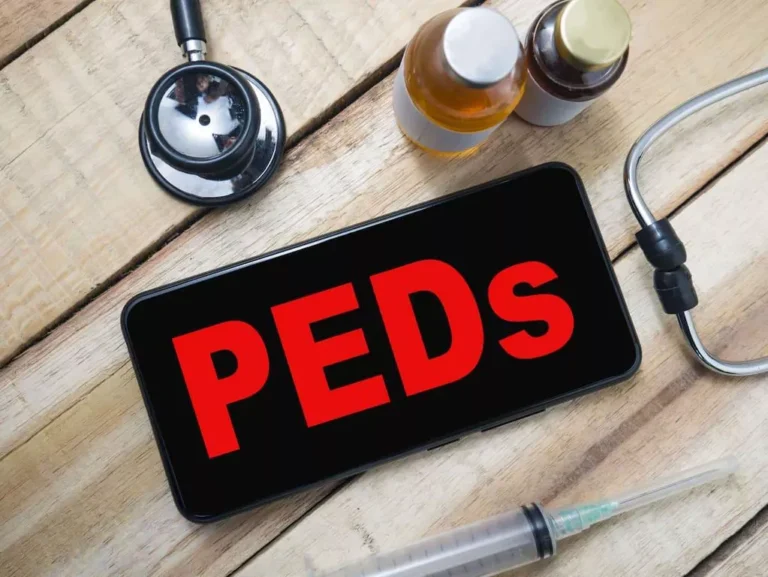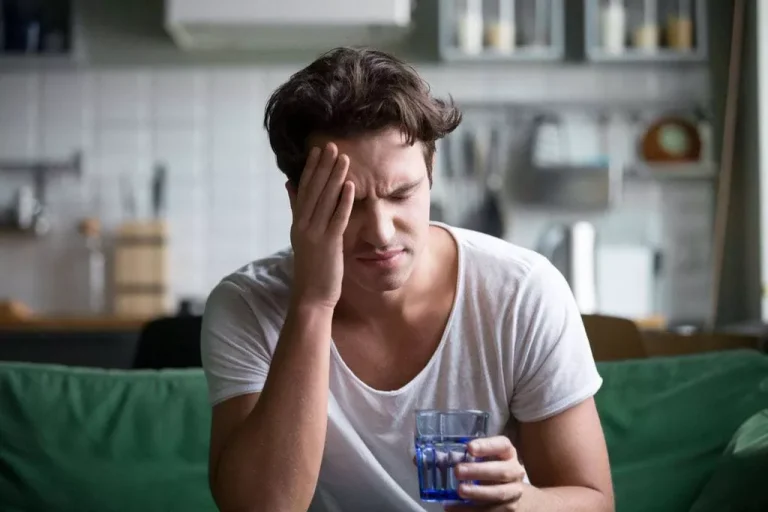
Your healthcare provider is the best source of information on the outlook for your case and what you can do to help. Your peripheral nerves convert information about the outside world into nerve signals. Those signals then travel to your brain, which processes those signals into what you can sense of the world around you. Peripheral neuropathy can disrupt what your senses pick up from the outside world or the ability of those senses to communicate with your brain.
- The data indicates that there is both small and large fibre loss in alcohol-related neuropathy, but that small fibre loss is generally predominant [3, 51, 53, 56, 59, 63, 86].
- People with a lengthy history of alcohol misuse might experience loss of balance, pain, tingling, weakness, or numbness after drinking alcohol.
- The exact number of people affected by this condition is not known, but studies have shown that up to 66% of patients with chronic alcohol use disorder may have some form of the disease.
- Deficiency of vitamins other than thiamine may also contribute to clinical features of alcoholic neuropathy.
How can alcohol-related neurologic disease be prevented?

The cause is multifactorial, from both nutritional deficiencies and alcohol metabolism’s direct toxic effects on neurons. Because of the diverse effects of alcohol on the body, these patients should be managed by an interprofessional team. The treatment rests on abstinence from alcohol and the replacement of key nutrients. Unfortunately, patient compliance is poor, and the condition often progresses, leading to poor quality of life. Benfotiamine (S-benzoylthiamine O-monophoshate) is a synthetic S-acyl derivative of thiamine (vitamin B1).
- This is a summary of independent research carried out at the NIHR Sheffield Biomedical Research Centre (Translational Neuroscience).
- Alcoholic neuropathy is usually not life threatening, but it can severely affect quality of life.
- Thanks to advances in medical science and technology, many symptoms or forms of peripheral neuropathy are now treatable.
How to prevent alcoholic neuropathy
Your peripheral nervous system carries motor signals, which are commands sent from your brain to your muscles. Your muscles need nerve connections to the brain to stay healthy and work properly. Peripheral neuropathy is also very common with some age-related diseases. That means the risk of developing peripheral neuropathy increases as you get older.
- Based upon these results, vitamin supplementation appears to exert a positive therapeutic effect in alcohol-related neuropathy.
- Symptoms may include numbness and tingling in the limbs, muscle weakness, and loss of mobility.
- Glutamate concentrations are elevated in the superficial dorsal horn of rats after chronic ligature of the sciatic nerve [79].
Clinical symptoms associated with alcoholic peripheral neuropathy

Risks for the baby can include brain damage and developmental, cognitive, and behavioral issues. No amount of alcohol is safe to drink while pregnant, according to the CDC. Consultation with a nutritionist may be indicated to help formulate strategies for replacement of essential nutrients in malnourished alcoholic patients. Your health care provider will perform a physical exam and ask about symptoms. Changes in muscle strength or sensation usually occur on both sides of the body and are more common in the legs than in the arms.
Severe alcoholic neuropathy may cause motor weakness due to nerve damage. Our muscles need to receive a message from nearby nerves in order to function. When this message is interrupted due to damaged nerves, the muscles cannot function as they normally would. But if you have developed neuropathy as a result of alcohol use, it’s important to stop drinking as soon as possible.
Alcohol misuse can lead to neurological damage that can affect multiple areas of a person’s health and well-being. The best way to avoid the issue is to limit alcoholic consumption alcohol neuropathy stages to 2 or fewer drinks per day for males and 1 or fewer for females. Treatment for alcoholism may include counseling, social support such as Alcoholics Anonymous (AA), or medicines.

Alternative therapies like chiropractic care, body manipulation, acupuncture, meditation, and massage therapy can be helpful in managing pain and symptoms of alcoholic polyneuropathy. The main goal of a treatment program for alcoholic polyneuropathy is to improve quality of life and offer relief from symptoms. A doctor may diagnose a person with alcoholic neuropathy, if alcohol use has damaged the peripheral nerves. People who drink heavily on a regular basis are at risk of developing this condition.

They can cause problems — sometimes severe — with mobility, balance and coordination. Sensory symptoms are also disruptive, especially when they involve pain or affect your ability to control what you do with the affected body part(s). But delirium tremens is a medical emergency and requires a hospital stay. You may need to be sedated for more than a week until the alcohol withdrawal symptoms go away. And a doctor may use brain-imaging techniques to monitor treatment over time. Once you stop alcohol intake, a doctor can address your specific symptoms.

